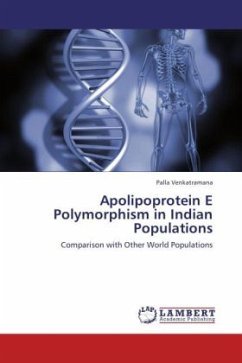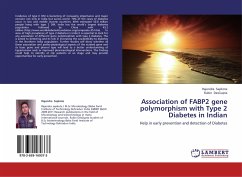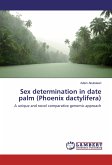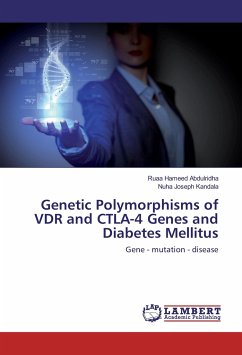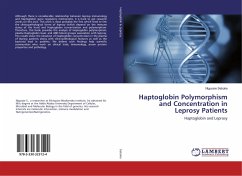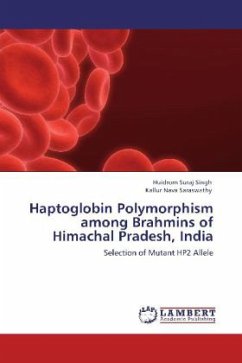Introduction: Physical Anthropologists for the fast two decades besides their research in understanding human evolution and variation, they are also interested in epidemiological and genetic epidemiological investigations. Hence the present volume is focused on the genetic variation at apolipoprotein E (apo E) locus among the Indian populations and to find its effects on the cholesterol and HDL cholesterol levels, the risk factors for cardiovascular disease (CVD) to assess the susceptibility to CVD. Abstract: Apolipoprotein (apo) E polymorphism was determined among the two Indian populations.The allele frequencies of the apo E polymorphism of the Indian sample are compared with other world populations. The effect of apo E polymorphism was examined on two quantitative traits, total cholesterol and HDL cholesterol. Target Group: Post Graduates and Researchers.

